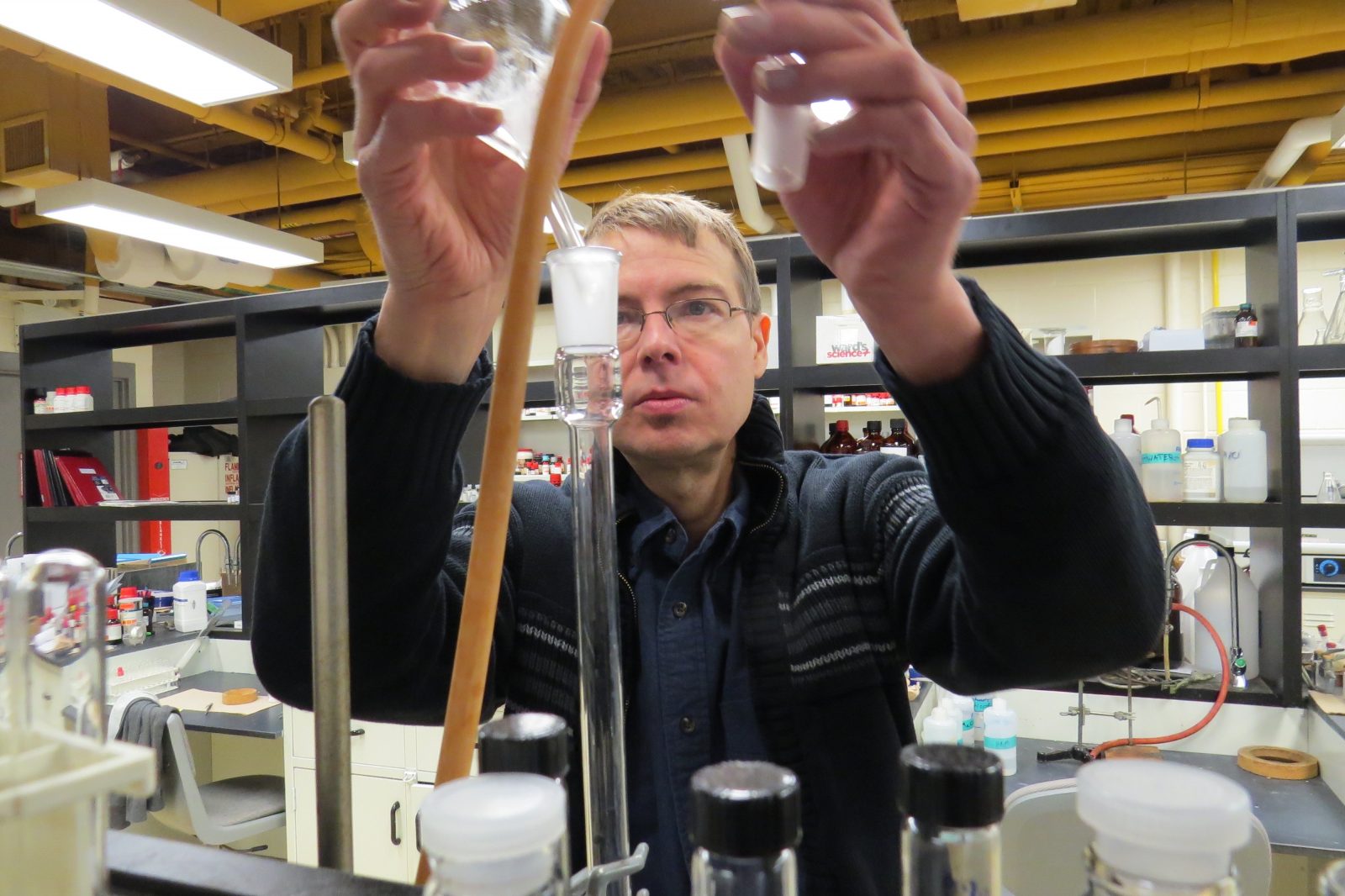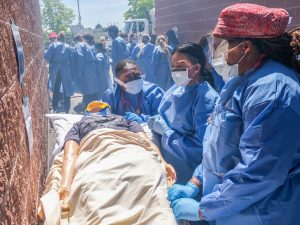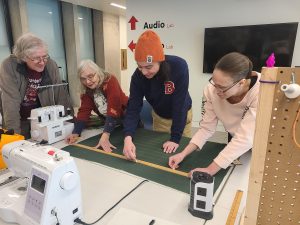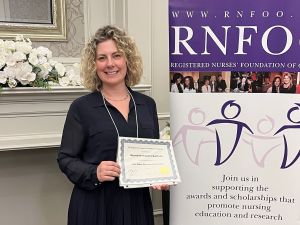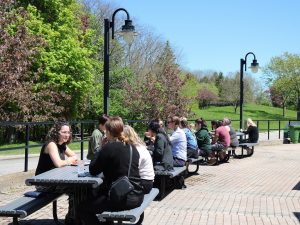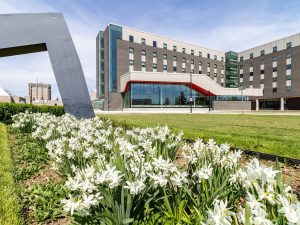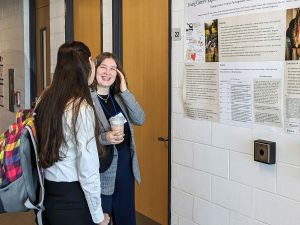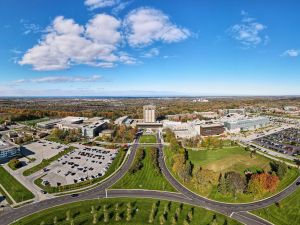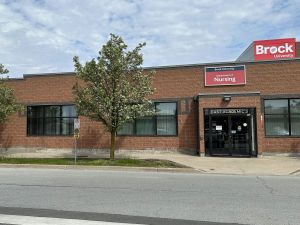In the lead-up to tomorrow’s Ontario-Quebec Physical Organic Mini Symposium, Brock University chemist Travis Dudding has a simple message: Physical organic chemistry is alive and well.
“Today, when people refer to the concept of physical organic chemistry, they say, ‘What is that? That was the field of chemistry that kind of disappeared’,” says Dudding, Professor in the Department of Chemistry.
“Really, physical organic chemistry was so effective that it didn’t disappear; it became so well integrated that the general public doesn’t know it exists. It is integrated into every field.”
At its core, physical organic chemistry studies the structures and reactions of organic molecules.
Among other things, the field allows scientists to predict the outcome of certain chemical reactions and ultimately better understand the origins of life.
Recent successes have included creating biomarkers or sensors that “glow” if there is anything toxic in a material that’s being tested or if disease is present in a biological sample.
Chemistry has come a long way from when scientists knew certain things would happen, but they didn’t have a good rationale why, says Dudding.
“Physical organic chemists came along and said, ‘we’re going to try to explain what’s going on’,” says Dudding. “We’re going to assign some simple math to it so that people can grasp what’s going on and we’re not going to be so abstract that it won’t be useful.”
So, when scientists create something in the lab, “you have a rationale why it’s going to work. You’re not going in blind and mixing things and then waiting for accidents to happen.”
“We want to be rationally solving problems and know it’s going to work. Physical organic chemistry is the bedrock that explains that to us.”
Dudding is the main organizer of the 44th annual Ontario-Quebec Physical Organic Mini Symposium, taking place Nov. 4 to 6 at Brock.
The event, one of the premier North American physical organic chemistry symposiums held yearly, will showcase recent research in all fields of science pertaining to physical organic chemistry.
This research includes: bio-organic chemistry, theoretical organic chemistry, organic photochemistry and mechanistic studies.
Dudding is especially keen for graduate students and postdoctoral fellows to participate.
Scientists will be displaying posters and giving presentations from a wide array of universities including Concordia, Western, Guelph, Toronto, Wilfred Laurier, Windsor, Waterloo, Universite du Quebec a Montreal as well as the Royal Military College of Canada and University at Buffalo SUNY.
For more information and to register: http://pomsbrocku.weebly.com
